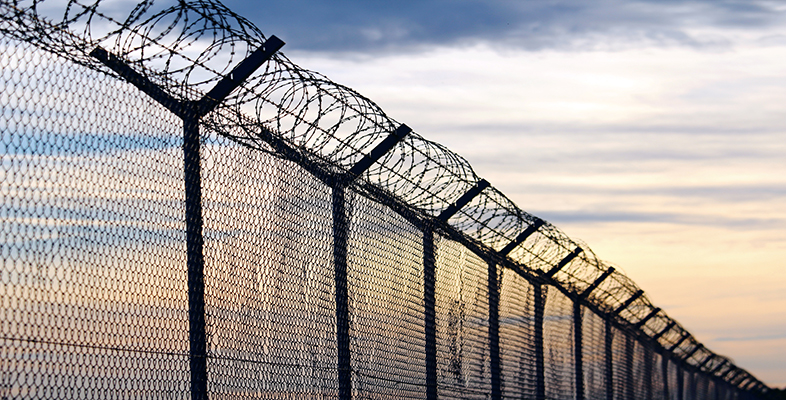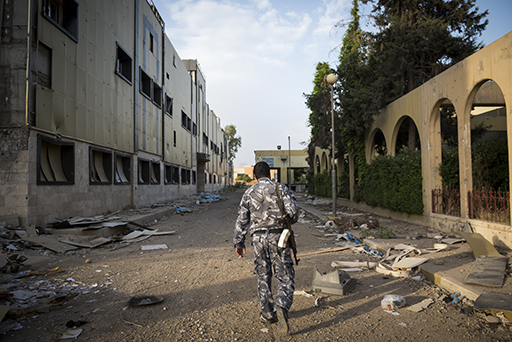4.5 Security: do the ends justify the means?
Another result of the ‘War on Terror’ has been a ratcheting up of policies and practices aimed at protecting people from this ‘new’ terrorist threat. Central to this was the tension between balancing liberty with security. Security has been increased in many settings including airports, public buildings and public places but also out of public view. One example of the latter was extraordinary rendition which involved the forced abduction or transfer of suspects in the war on terror for the purposes of interrogation or detention. Some detainees were transported to Guantànamo Bay, a US military base on the island of Cuba, which since 2002 has be used, in contravention of international human rights law, for the indefinite detention without trial, and at times torture, of ‘enemy combatants’ in the War on Terror (Amnesty International, 2018). To some politicians the need for security trumps concerns about human rights and civil liberties and justifies the harms that result from this in the name of ‘security’.
The substantial increases in security measures linked to the ‘war on terror’ has had a differential impact on particular communities, with some communities being subject to greater scrutiny by the police and security services than others. This in turn is linked to discourses constructing certain groups as a security threat. ‘Muslims’ in general have often been constructed as a threat rather than just particular Islamist individuals and groups who have been involved with violence. In dominant discourses, the population is divided into ‘us’ and ‘them’, a process sometimes referred to as ‘othering’. Muslims are constructed as the ‘other’ – as potentially dangerous outsiders. This may be used to justify treating the ‘other’ differently and, in particular, subjecting them to much more intense surveillance than groups which are not represented as posing a threat. This scrutiny involves an exercise of power and the restriction of opportunity (for example employment opportunities) which could result from ‘othering’ and which can increase inequality.

